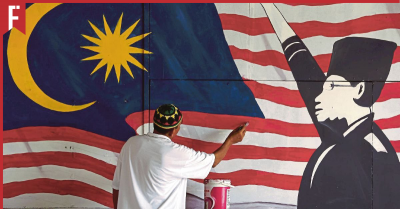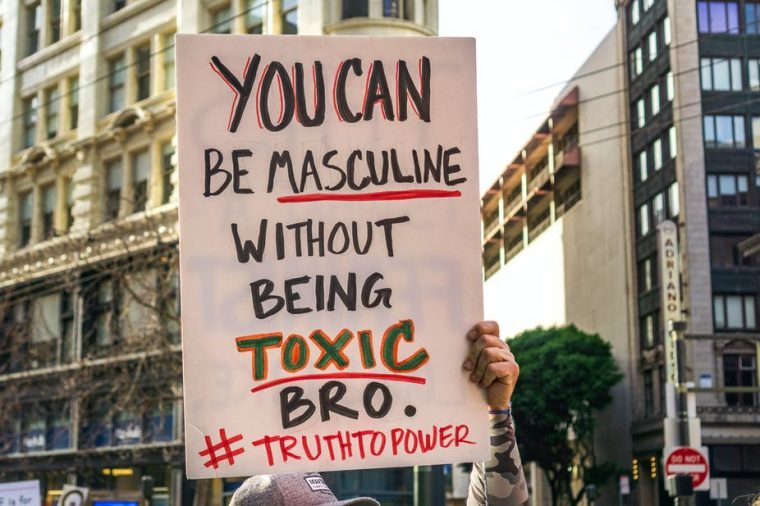
Do you know why I hate family gatherings so much?
It doesn’t matter whether it’s Christmas or Chinese New Year or even my birthday — inevitably, at some point during the gathering, an older relative I haven’t spoken to in months will pop up from around the corner and proceed to drag me into an FBI-style interrogation.
What follows is a painful event filled with the same old questions we’ve heard a thousand times before:
“So how much are you making now, ah? When are you getting a better job?”
“You so old already, how come you don’t have girlfriend yet?”
“You know, your cousin already getting married/having children/bought a big house/etc. How come you still not moved out from that old apartment?”
On one hand, I can understand that most of this does come from a place of concern. After all, many of the older generation still subscribe to a very “traditional” view of manliness. They expect the man to be the household’s breadwinner and believe that every successful man should have a home and family of their own.
However, for myself and many other men of the younger generation, the ideals of traditional masculinity can feel old or out of touch. From a personal perspective, the idea that personal happiness stems solely from having material objects such as a house or car can seem almost shallow.
When Traditions Turns Toxic
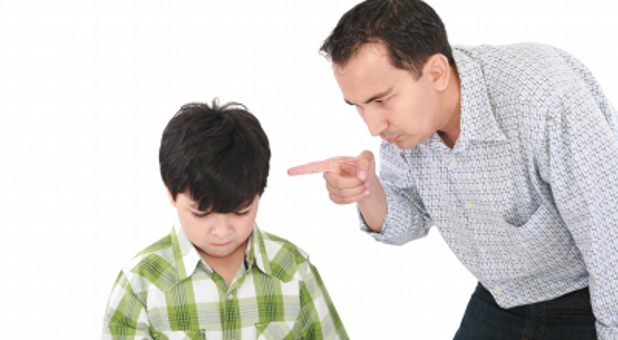
Yet even if we don’t really care for it ourselves, the vast majority of young men face a tremendous amount of pressure from those around us to “Be a Man”.
On some level, this can actually be seen as positive — a way of guiding young boys and helping them learn what it means to be a man. After all, I imagine that few would consider traditional traits such as “wanting to be successful” or “wanting to have a family” to be a bad thing.
However, the problem comes when the idea of “manhood” is pushed too far. When it is taken to an extreme, this pressure to conform and fit into the mold of traditional masculinity can end up leading to a range of negative behaviours and beliefs known as “toxic” masculinity.
So What is Toxic Masculinity?
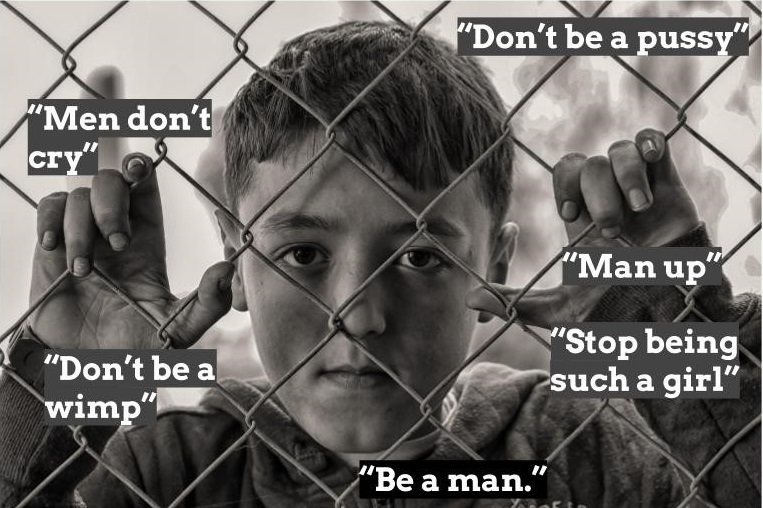
To get a better perspective on toxic masculinity, who better to talk to then someone who’s experienced its effects firsthand?
We took the chance to meet with Edward (name changed to protect privacy), a local student in his 20s who happens to be a part of Malaysia’s LGBTQ community.
“To me, ‘toxic masculinity’ means traditional traits that a cis-gendered man possesses that have been enforced by society,” Edward explained. “If they act anything beyond the box, they are seen as ‘not a real man’.”
Simply put, toxic masculinity is what happens when traditional beliefs are taken to the extreme.
It’s not enough to be strong and tough, you must also not show any emotions like fear or sadness. It’s not enough to be respected, you must also punish anyone who doesn’t show you respect. It’s not enough to be a leader, you must also be in control of everything at all times.
According to researchers, toxic masculinity includes many “tough guy” traits such as:
-
Suppressing emotions such as fear or sadness
-
Maintaining an appearance of “hardness” or “being in control” at all times
-
Resorting to violence as a way to solve problems
“But what’s the problem with that?” some of you might ask. “After all, shouldn’t a man be in control of his emotions? Why do we need to be all touchy-feely?”
To that, I’d answer that there’s nothing wrong with wanting to avoid being too emotional about something. But the problem starts when you think that you have to act like some stoic, emotionless robot all the time because it’s “not manly” to show your feelings to anyone else.
Toxic Behaviour Can Ruin Lives

“Overemphasis of masculine traits (showing no emotions, wanting to be in control all the time, etc.) may lead to harmful imbalances in someone trying to live up to the expectations of society,” said Edward. “One could even throw themselves into depression, body image issues, poor social function, etc.”
If you’re anything like me, you’ve surely had to deal with annoying older relatives moaning and complaining about how the younger generation are all too “soft” or “feminine” compared to the good old days when “men were men” and they had to hunt dinosaurs for dinner or whatever.
But the truth is, it’s been proven that trying to focus too much on being “manly” leads to plenty of problems — on both the individual as well as community level.
According to the American Psychological Association (APA), toxic masculinity has been linked to increased “aggression and violence” and is part of the reason why boys and men are at “disproportionate risk” for school discipline, academic challenges and health issues such as substance abuse.
Simply put, those who feel more insecure are more likely to resort to “macho” behaviour such as bullying, risk-taking and even drinking alcohol in order to prove their manliness. The more macho they act, the more they spur on those around them. On the other hand, those who cannot or will not conform to such macho behaviour are often rejected or made fun of.
“Back in secondary school, my peers would call me “sissy” just because my mannerisms are softer and more flamboyant compared to the other boys,” said Edward.
“If a man shows behaviors such as expressing emotions, being soft or submissive or anything else that could be deemed ‘feminine’, he could be frowned upon by society just because it doesn’t meet their standard of how a man should be acting.”
The Tragic Results of Toxic Masculinity

Though it may seem relatively harmless at first, if it is not nipped in the bud, toxic masculinity can lead to a spiral of negative thoughts and behaviour, especially towards those who don’t meet the traditional definitions of manhood.
“Imagine someone having the traits I just described above (depression, body image issues, etc.) and multiply that with the population of men we have in this country,” said Edward. “I think women and more feminine men would have a hard time.”
In Malaysia, the tragic effects of toxic masculinity can be seen in violent incidents such as the murder of 18-year-old student T.Nhaveen, who was attacked and dragged off after attempting to stand up to a group of bullies calling him names like pondan and sissy.
He was later found unconscious in a field, suffering from severe injuries including internal bleeding and burns.
“He is a very good boy in school. He was the target of jokes during his schooling years because he was soft.” his teacher said during an interview with Free Malaysia Today. He added that one of the bullies had tried to force Nhaveen to join their gang several times in order to “man up”.
But while Nhaveen’s brutal murder is one of the most shocking examples of toxic masculinity in Malaysia, there are many other incidents happening on a regular basis.
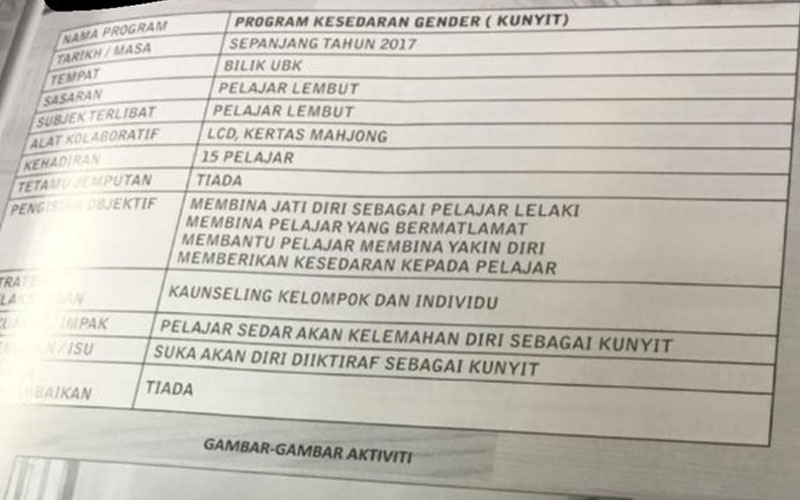
Last year, a school in Kota Kinabalu, Sabah, drew critism from social media users all over the country after a viral tweet revealed that they had hosted a “kunyit” (a Malay slur for gay men) gender awareness club to help a group of “pelajar lembut” (“soft” boys) become “aware of their weaknesses as a kunyit“.
Netizens were livid about the club, with many people asking how such a programme could have been approved. After all, why was this seen as such a big issue? Why were the teachers so scared of “soft” boys? I certainly don’t remember anything like this happening back in my old school.
“Some will probably say that this is what should be done. But I think the kids will just become better at hiding themselves.” pointed out Twitter user @cherane. “(It’s) like we are telling them that they are unacceptable in society. That their worth is connected to how ‘manly’ they should be.”
How Can We Prevent Toxic Masculinity?

Nobody is born with toxic masculinity — whether it is being taught intentionally or not, these sorts of beliefs are learned over the course of many years. Which means that with the right teachings and behaviour, we can help our children to develop a healthier and more balanced understanding of gender roles.
“Eliminating or changing toxic masculinity obviously will not happen overnight,” said Edward. “However, as more people begin to define their own versions of masculinity… gender roles will continue to change on a larger scale.”
1. Watch Your Language
Try to encourage them to look beyond stereotypes and make it clear that there’s nothing wrong with being either masculine or feminine. Avoid using negative language such as “you’re acting like a girl” or “real men don’t cry”.
2. Violence Isn’t the Answer
One of the main aspects of toxic masculinity is the idea that “violence is always the solution”. By teaching your sons communication and anger management skills, you can help them to develop a healthier and more mature mindset.
3. Keep An Eye On Their Social Media
Try to strike a good balance between real life and online time. Have a frank discussion with your children about their social media habits and keep them away from problematic individuals or communities.
In The End, We All Just Want to Feel Loved

At its core, the problem of toxic masculinity stems mainly from an inability to process or confront problems without violence or aggressive behaviour.
From my own experiences, those who loudly espouse toxic beliefs or behaviour are often struggling with personal problems such as a low self-esteem or lack of social skills.
We’ve seen them before — the self-proclaimed “incels” or “macho” guys, the type of people who talk a big game, but whose major problems always seem to be driven by their own immaturity.
By teaching our children to develop healthier beliefs, we can not only help them to face their issues, but help them to grow into happier, more well-balanced adults. Efforts like this will ensure that there are fewer victims of violence, both now and in the future.

